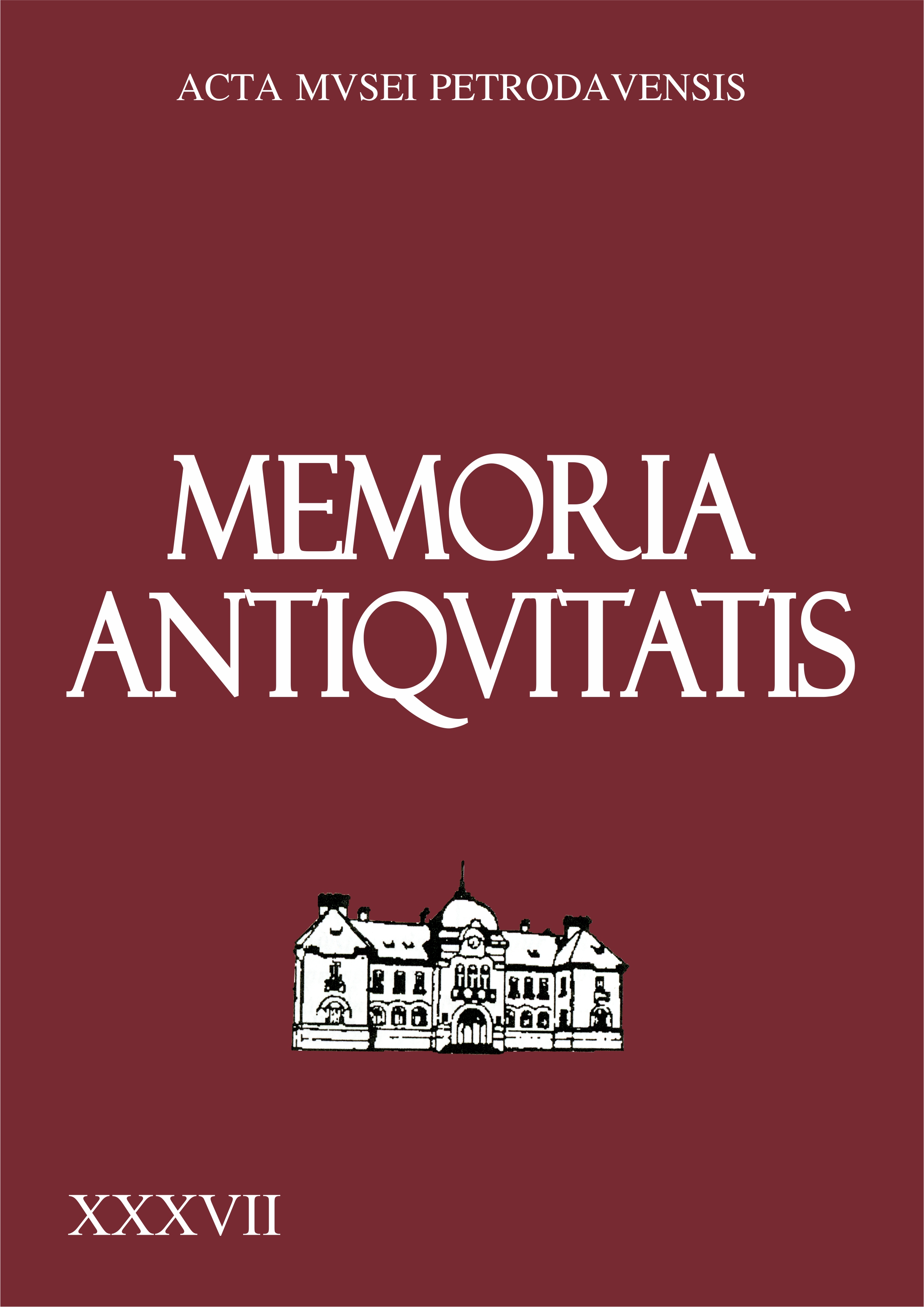Un ctitor uitat. Episcopul Romanului Ioanichie Hasan
A Forgotten Founder. Ioanichie Hasan, Bishop of Roman
Author(s): Aurel Florin ȚuscanuSubject(s): History, Local History / Microhistory, Modern Age, 18th Century
Published by: Editura „Constantin Matasă”
Keywords: The Diocese of Roman; the Metropolis of Moldavia; Pocrov Hermitage; Neamț Monastery; „Precista Mare” Church; Roman;
Summary/Abstract: In the line of the Hierarchs of Roman, unbroken for centuries till today, a unique place is that of the all-worthy Bishop Ioanichie Hasan, who lead the Church of the Lower Moldavia between the years 1747 and 1769. It is known about him that he was born in the village of Țuțcani (part of the Bahna commune), in the land of Neamț, at the end of the seventeenth century, to a priest named Tudor and his wife, presbytera Ioana, of the great family of Hasan. He had several siblings in the clergy: Fr. Ursu, hieromonk Nicolae, presbytera Safta. In his native village there was, in the time of his life, a hermitage dedicated to St. Nicholas, where the Bishop got acquainted with monasticism. He left his native village for the Neamț Monastery and, after spending a while in the hermitages of Pocrov and Slătioru, it was decided that he should become the prior of the great Neamț Monastery. He traveled to Kiev” to worship the Holy Relics there and to also mind other matters”.On September 15th 1747, being deemed worthy by merits, prior Ioanichie of Neamț was elected Bishop in Roman, thereafter distinguishing himself as a fine administrator of diocese estate and a fine manager. As a Bishop of Roman, Ioanichie had a lengthy and prolific activity of 22 years, under 11 Phanariot rulers. His attention was drawn in particular towards the administrative matters of his diocese. The yeoman structure of his personality was made evident by his preocupations, initiatives and also his industriousness, all of which lead him to found and donate to several churches and other institutions.He founded many churches: Precista Monastery in Roman, „St. Spiridon” Church of Vulpășești, the Oprișești Church in Tecuci, the Vovidenia Hermitage in Neamț, „Prophet Samuel” Church in Focșani. He established the first cathechetic school in the Diocese of Roman (1747) and the first infirmary (hospital) of Roman, near the Precista Mare Monastery (1756). He built an Archbishop`s house near the Diocesan cathedral, and gave many gifts and donations to those churches and institutions. On April 13th 1756, upon official recognition of his valuable activity, he was awarded by the Metropolitan Iacob Putneanul (assisted by the ruler of the country, Constantin Cehan Racoviță) with a high Church honor, namely the dignity of wearing the Metropolitan dress and headpiece.Since some documents of the Diocese of Roman at that time: ”royal epistles, deeds and certificates” etc. were at peril of getting lost, Ioanichie the Bishop determined to keep orderly records and duplicates of the documents within the Diocese and to copy all documents in a special Register, calling to Roman, to that end, the ”humble Hieromonk Grigorie, prior of Neamț Monastery”, who completed this task on Oct.10th 1756, ”by the ardour and all disbursement of His Sanctity Kir Ioanichie”.The Register is currently in the custody of the State Archives in Iași, and it has been consulted by the illustrious Hierarch Melchisedec Ștefănescu upon composing and editing his well-known work ”The Chronicle of Roman and of the Diocese of Roman”.After a ministry of nearly 22 years, Bishop Ioanichie stepped into the Afterlife on the day of the 30th of January 1769 and was entombed according to his wish in the ”Ascension of the Lord” Church at Neamț Monastery, by the side of other Bishops of Roman (Tarasie, Teoctist, Pavel and Teofil). We have a wonderful thing to learn from this great benefactor of our Church – namely that, though of such evanescence, man can attain eternal life by his own deeds.
Journal: Memoria Antiquitatis
- Issue Year: 1/2021
- Issue No: XXXVII
- Page Range: 175-193
- Page Count: 19
- Language: Romanian

